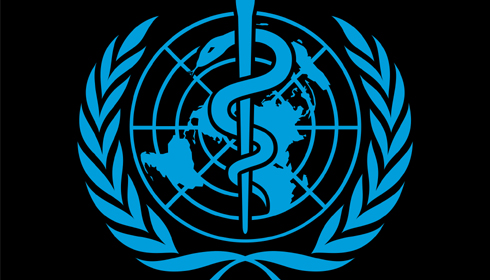
WHO Announces 2025 Southern Hemisphere Influenza Vaccine Recommendations
The World Health Organisation (WHO) has issued recommendations for the influenza vaccine composition for the forthcoming 2025 influenza season in the southern hemisphere. The news came after WHO organised a four-day workshop to analyse global influenza virus surveillance data in partnership with experts from its Global Influenza Surveillance and Response System (GISRS).
The biannual meetings, held separately in the northern and southern hemispheres, are critical to ensuring that vaccines stay effective against ever-changing influenza viruses. WHO's guidelines assist national regulatory bodies and pharmaceutical companies in developing and licensing vaccines to protect people against seasonal flu.
For the 2025 southern hemisphere influenza season, the World Health Organisation (WHO) has recommended certain viral strains for inclusion in vaccinations to ensure effective protection against circulating flu viruses. WHO recommends that egg-based vaccines include the A/Victoria/4897/2022 (H1N1)pdm09-like virus, the A/Croatia/10136RV/2023 (H3N2)-like virus, and the B/Austria/1359417/2021 (B/Victoria lineage)-like virus. These vaccines provide protection against three flu strains.
WHO suggests using cell culture, recombinant protein, or nucleic acid-based technologies to make vaccines against those viruses, such as the A/Wisconsin/67/2022 (H1N1)pdm09-like virus, the A/District of Columbia/27/2023 (H3N2)-like virus, and the same B/Austria/1359417/2021 (B/Victoria lineage)-like virus.
In the case of quadrivalent vaccinations, which give broader protection by covering four strains, WHO recommends including the B/Phuket/3073/2013 (B/Yamagata lineage)-like virus. This strain remains unchanged from prior recommendations because it is still important for protection against the B/Yamagata influenza lineage.
These changes are critical to ensuring vaccination efficacy against circulating influenza viruses. The UN Health Agency says that countries must regularly update vaccinations to ensure they continue to offer the best protection to populations worldwide, given the constant changes in flu viruses.
Pharmaceutical businesses and health organisations are expected to follow these rules as they prepare for the 2025 flu season, with the goal of minimising influenza's impact on public health.